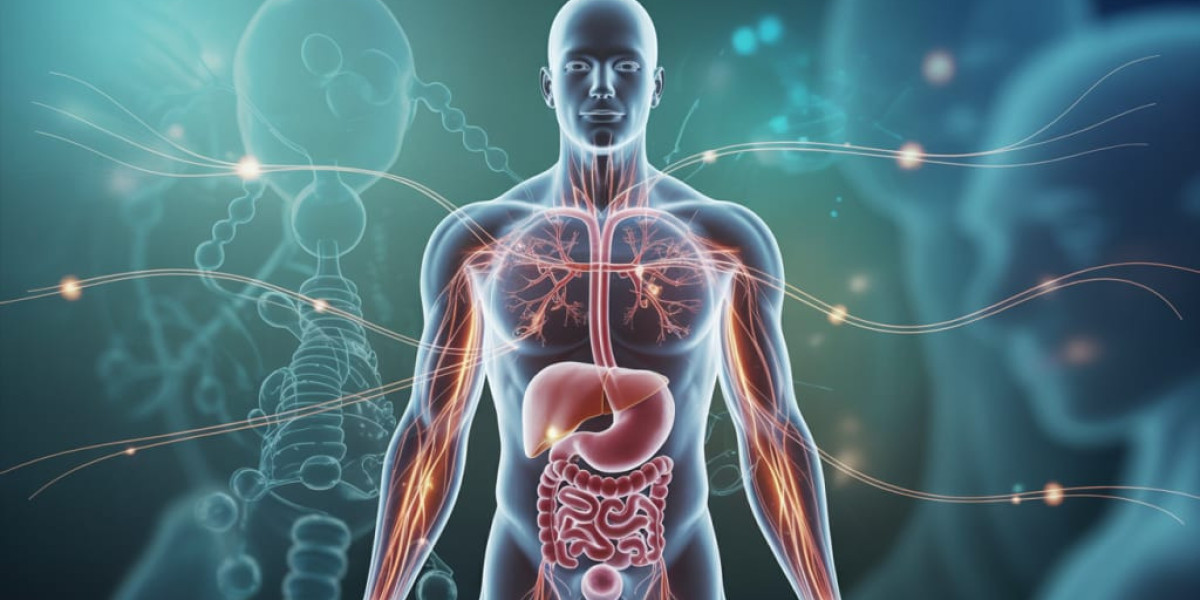Metabolism is one of the most misunderstood aspects of health and fitness. At its core, metabolism refers to the chemical processes that sustain life, converting food into energy and supporting everything from breathing to cellular repair. It is typically measured through basal metabolic rate (BMR), total energy expenditure (TEE), and the thermic effect of food.
Despite decades of research, myths about metabolism persist in popular culture, often leading people to pursue ineffective quick fixes. To cut through the noise, let's examine the most common myths and explore science-backed ways to support a healthy metabolism truly.
Common Metabolism Myths — What Doesn't Work?
1. Eating Small, Frequent Meals Boosts Metabolism
The idea that eating six small meals a day "keeps metabolism revving" has been widely promoted. While digestion does briefly raise energy expenditure, studies consistently show that meal frequency has no meaningful effect on overall metabolic rate. What matters more is maintaining a total calorie balance and ensuring food quality, rather than how often you eat.
2. Crash Dieting Accelerates Fat Loss
Cutting calories drastically might seem like the fastest way to shed pounds, but it often backfires. Severe calorie restriction can slow metabolism as the body adapts to conserve energy, making weight loss harder over time. It may also cause muscle loss, which further reduces calorie-burning capacity.
3. Supplements Greatly Enhance Metabolism
Metabolism-boosting supplements are a billion-dollar industry, but their benefits are vastly overstated. Some ingredients, such as caffeine or green tea extract, may slightly increase calorie burn, but the effect is minimal compared to the impact of diet, exercise, and lifestyle choices.
4. You Can Quickly "Rev Up" Your Metabolism
From detox teas to extreme exercise challenges, many products promise to "reset" metabolism. In reality, metabolism does not respond dramatically to short-term interventions. Temporary spikes can occur with physical activity, but long-term changes require consistent habits, such as building muscle and maintaining a healthy diet.
5. Metabolism Slows Drastically with Age
Many people indeed gain weight as they get older, but metabolism is not the sole culprit. Research shows that metabolic decline is gradual and influenced more by lifestyle than by aging itself. Muscle loss, reduced physical activity, and poor sleep contribute far more to midlife weight changes than age alone.
What Actually Helps Support and Maintain a Healthy Metabolism?
1. Strength Training and Lean Muscle
Muscle tissue is more metabolically active than fat, meaning it burns more energy at rest. Engaging in resistance training helps build and maintain lean muscle, which boosts the resting metabolic rate and supports long-term weight management.
2. Protein-Rich Diet
Protein requires more energy to digest compared to carbohydrates and fats—a phenomenon known as the thermic effect of food. Eating adequate protein not only aids metabolism but also supports satiety and muscle repair, making it a cornerstone of a healthy diet.
3. Regular Physical Activity
Cardio workouts and high-intensity interval training (HIIT) can raise metabolism temporarily, while daily movement (walking, cycling, climbing stairs) helps sustain long-term energy balance. The key is consistency—regular exercise provides cumulative benefits that quick fixes can't match.
4. Adequate Sleep & Hormonal Health
Poor sleep disrupts hormone regulation, particularly leptin and ghrelin, which influence hunger and metabolism. Chronic sleep deprivation may slow metabolic processes and promote weight gain. Prioritizing quality sleep is one of the most overlooked factors in metabolic health.
Additional Insights from Research
- Genetic & Individual Variation: While genetics influences metabolic rate, lifestyle factors such as activity, muscle mass, and nutrition have a greater impact over time.
- Age-Related Changes: Recent large-scale studies suggest metabolism remains stable until about age 60, after which it begins to decline gradually, later than commonly believed.
- Energy Regulation: The body often adapts to increased exercise by conserving energy in other processes, which is why sustainable nutrition and lifestyle choices are critical alongside activity.
Practical Recommendations
- Incorporate resistance training to maintain or increase muscle mass.
- Aim for a balanced, protein-rich diet to support metabolism and satiety.
- Stay active through daily movement and structured exercise.
- Get 7–9 hours of quality sleep to help regulate hormones and metabolism.
- Avoid extreme diets or miracle supplements—they often do more harm than good.
- Focus on developing long-term habits rather than relying on short-term fixes.
Conclusion
Metabolism is not a mysterious switch that can be turned on or off with tricks or supplements. It is a finely tuned system shaped by biology, genetics, and—most importantly—lifestyle choices. While myths persist, the truth is more straightforward: strength training, balanced nutrition, consistent activity, and quality sleep form the foundation of a healthy metabolism. Small, sustainable changes, practiced over time, can make the most significant difference for both metabolic health and overall well-being.












